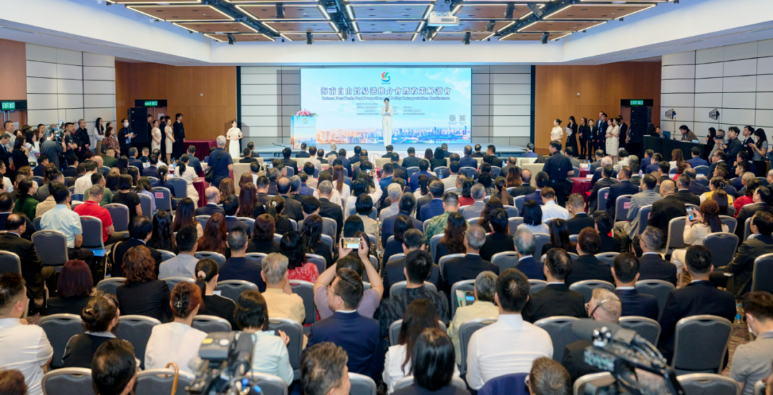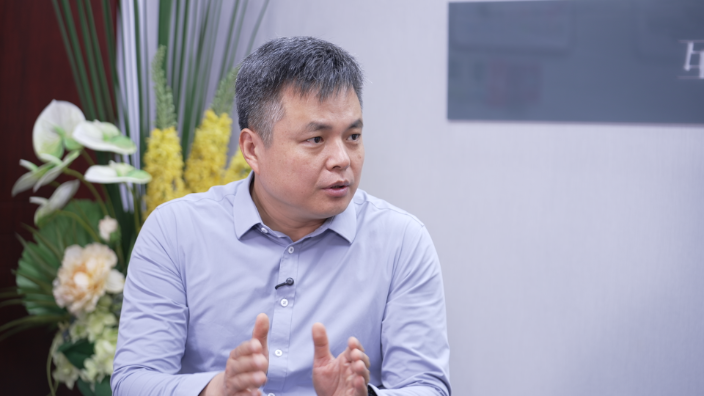By continuing to browser our site and use the services you agree to our use of cookies, Privacy Policy and Terms of Use. You can change your cookie settings through your browser.
South China's island province of Hainan has recently released 35 major tasks and measures to strengthen its ban on disposable, non-degradable plastic products by blocking the source of plastic pollution, carrying out comprehensive supervision, and accelerating the production of substitutes.

A biodegradable plastic bag is used at a vegetable market in Sanya, Hainan province. [Photo/China Daily]
The province is slated to complete the purchase of equipment used for checking whether vehicles are carrying banned disposable, non-degradable plastic products when entering Hainan through its ports, in a bid to cut off any potential influx of plastic pollution.
A monitoring mechanism will also be implemented for the province’s delivery industry. Delivery items containing any disposable, non-degradable plastic products, once detected, will be disposed of accordingly. 95% of parcels delivered by e-commerce platforms within Hainan will be barred from undergoing secondary packaging.
Farmer’s markets are the key focus for implementing Hainan’s plastic ban, with a target of 60% in banning disposable, non-biodegradable plastic products. Hainan will assist related manufacturing companies to produce more substitutes for the supply of farmer’s markets across the province.
In rural areas, the province will continue to carry out the recycling of plastic mulch films to hit a recycling rate of 83% or higher.
More will be invested in Hainan-based enterprises’ R&D to support them in producing biodegradable materials to be used in packaging for e-commerce deliveries, offshore duty-free shopping, and tropical agricultural products.
On December 1, 2020, an unprecedented ban on the use, sale, and production of single-use disposable, non-biodegradable plastic products took effect across Hainan. The island province was the first place in China to adopt such a bold move to promote green production and lifestyle through local legislation.
Over the past two years, Hainan has set up a 24-hour monitoring mechanism across its gateway ports, pushed major e-commerce platforms and delivery companies to formulate their own in light of the ban, and helped reduce the cost of substitutes in farmer’s markets through centralized purchasing and subsidies.
FTP Expert Talks | Xiaodong Lee, Vice President of the Internet Society of China and Founder of the Fuxi Institution: Hainan is the "Nebula" of New Digital Youth
09:47, 12-September-2025Hainan Issues Offshore RMB Bonds in HK for 4th Consecutive Year
09:46, 12-September-20252025 Hainan FTP International Students Content Creation Project
02:28, 12-September-2025What Makes "Hainan Travel" So Appealing?
09:38, 11-September-2025100 Days to Go: What's Next for Hainan-Hong Kong Cooperation?
09:38, 11-September-2025Expert Talks Ep. 4: The Future of the FTP's Digital Economy
09:35, 11-September-2025By continuing to browser our site and use the services you agree to our use of cookies, Privacy Policy and Terms of Use. You can change your cookie settings through your browser.





